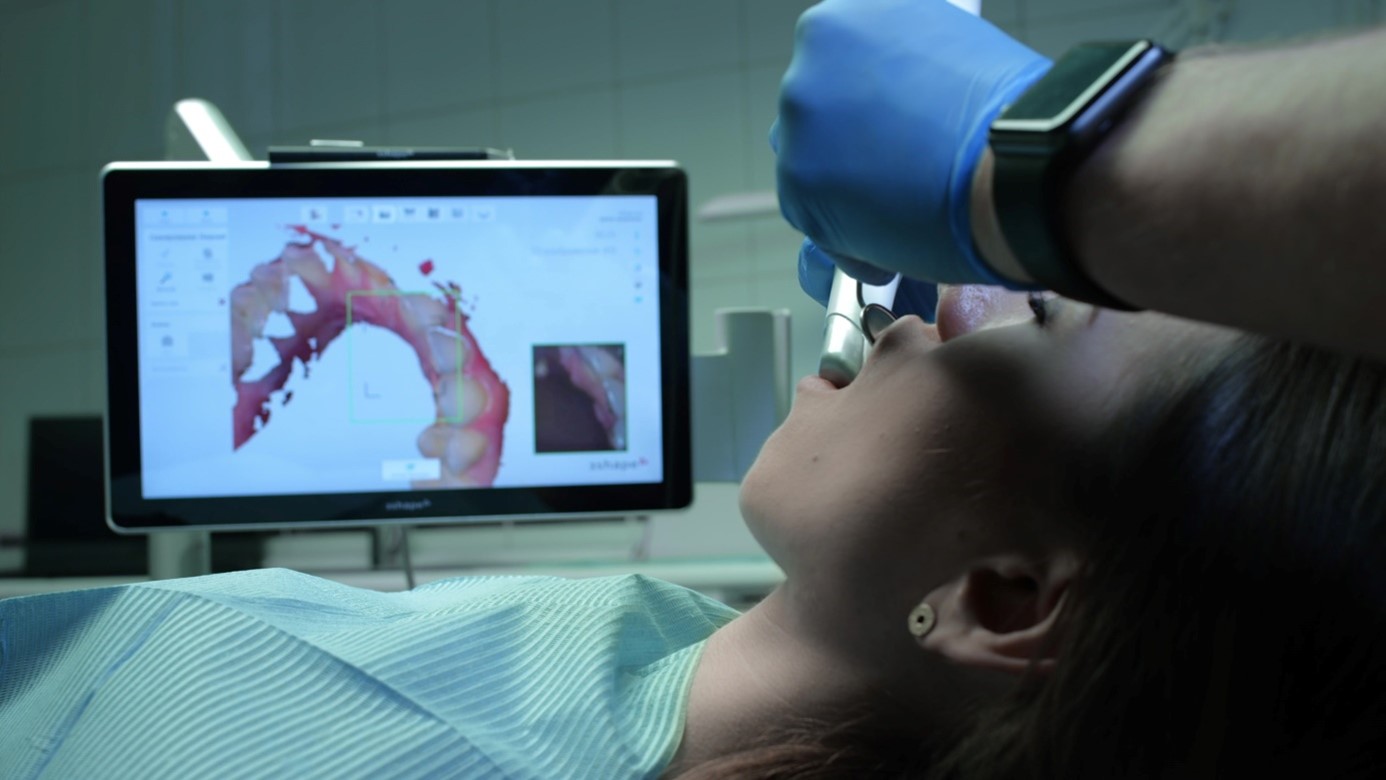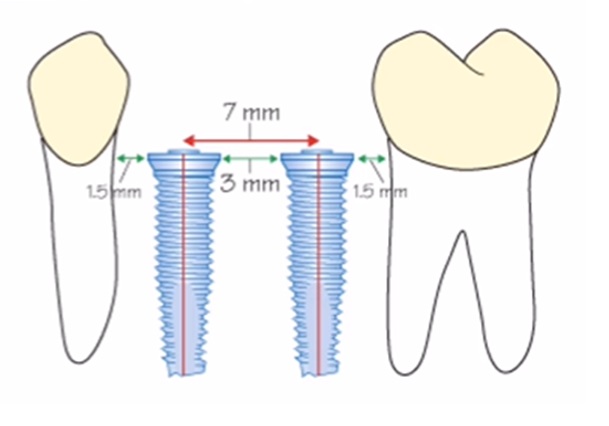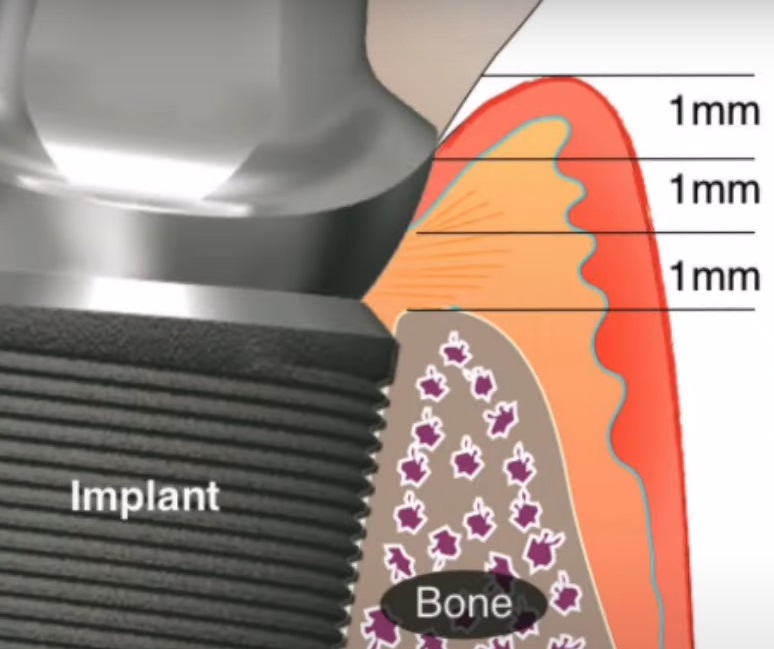Why do dental implants fall out?

Dental implant treatments are known for their exceptional performance. Studies have shown success rates of 90% to 95% over 10 years. Here we list the reasons for dental implants falling out as well as what you need to pay attention to have a long-lasting and trouble-free implant experience.
What causes dental implants to fall out?
To maximize surface area and facilitate bone integration, the dental implant components that remain on the bone surface are designed with a rough surface. The gums, on the other hand, do not require the same rough structure as the bone region. Implants in these areas have a brighter and smoother structure.
In dental implant fall out, bone resorption exposes the implant's rough surface, which can lead to bacteria and plaque buildup. Consequently, it is crucial to precisely measure the adequate amount of bone during the initial planning phase. This is where 3D imaging techniques shine.
Sufficient Bone Level
The dentist conducts bone augmentation procedures in the dental implant area for patients with insufficient bone volume. However, it is crucial to preserve this bone volume following the treatment.
A solid bone layer of at least 1 mm thickness is required around the dental implant in all directions. If the implant is adjacent to another tooth, this distance must be at least 1.5 mm. In addition, a minimum of three millimeters should be left between the implants if they are to be placed side by side. The goal here is to keep the implant site well-circulated, which in turn will keep bone from resorbing.

Gum Thickness
Another factor that keeps dental implants in place is gum thickness. A minimum gingival thickness of 3mm is required to proceed with the implant treatment. If the gum is thinner, more bone melts around the implant and turns into gum, increasing the possibility of inflammation around the bone. Dental professionals use various techniques to increase the depth of gum tissue when it is insufficient.

Vestibule Depth
Dissolving vestibule depth (the space between the cheek and the gums) in the cheeks can also cause dental implants to fall out because it presses food residues onto the implant crown. Food pushed against the implant crown by the cheeks may result in bone loss. Keep in mind that missing or drastically reduced space between your gums and cheeks can eventually lead to implant loss.
Prosthetic Designs
Additionally, prosthetic designs can impact the durability of dental implants. Dental prostheses should be convex in shape to allow for easy cleaning. However, in certain instances, designs may be made incorrectly for aesthetic purposes or to prevent food residue from getting under the implant. This eventually leads to infection and bone loss by impeding the ability to clean the implant site.
Bonding Leftovers
Finally, dental implant loss occurs when the area surrounding the implant is not adequately cleaned after treatment. After placing the implant, it should be cleaned to ensure that no residue remains in the implant area. Due to the buildup of bacteria and osteoporosis brought on by these leftovers, dental implants fall out.
What to do if your dental implant falls out?
Oral health is key to overall health. So, it is the best self-gift to visit an experienced dentist. In addition to oral hygiene, gum health is also of great significance in implant treatments. If an issue with the health of your gums becomes apparent while you have dental implants, schedule an appointment with your dentist immediately. As the Antlara Dental family, we are always with you and are open to answering any of your queries.
